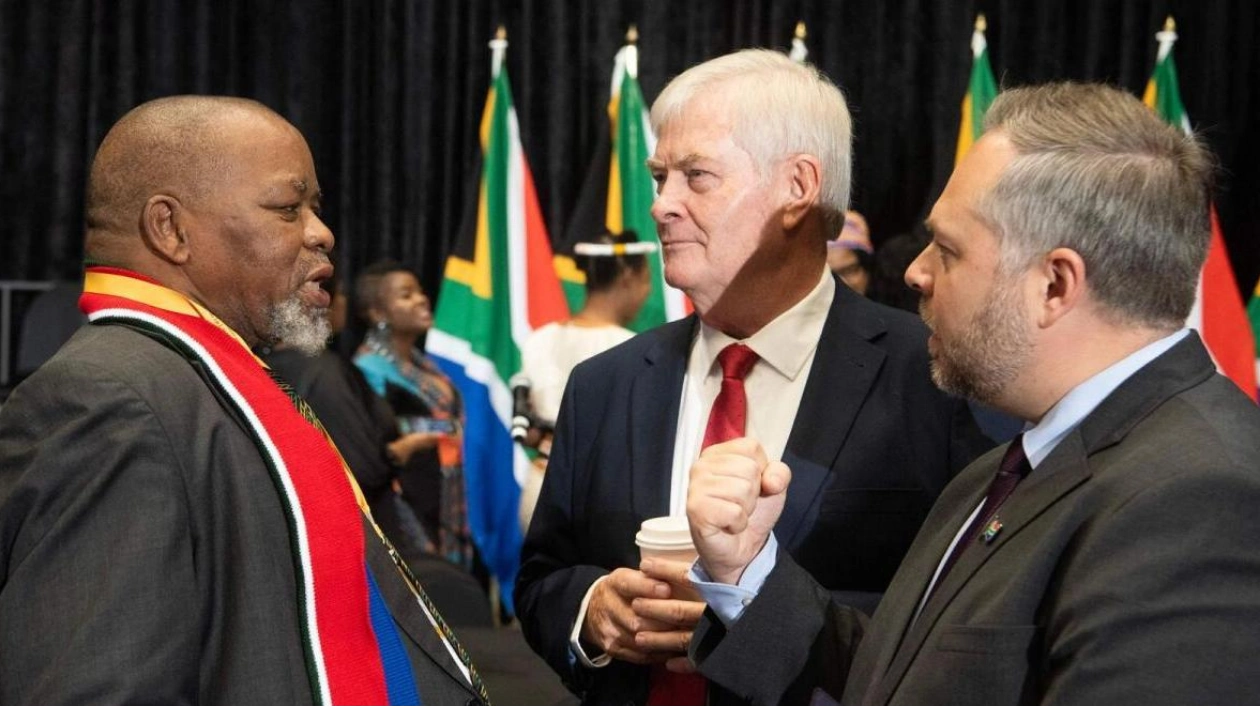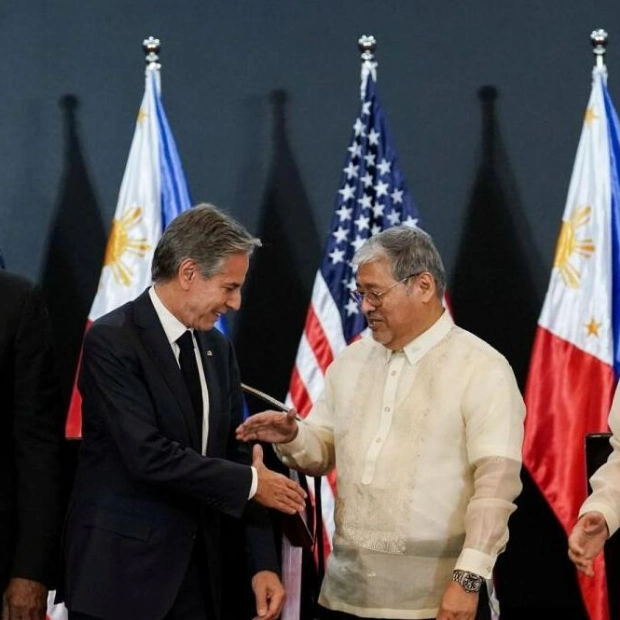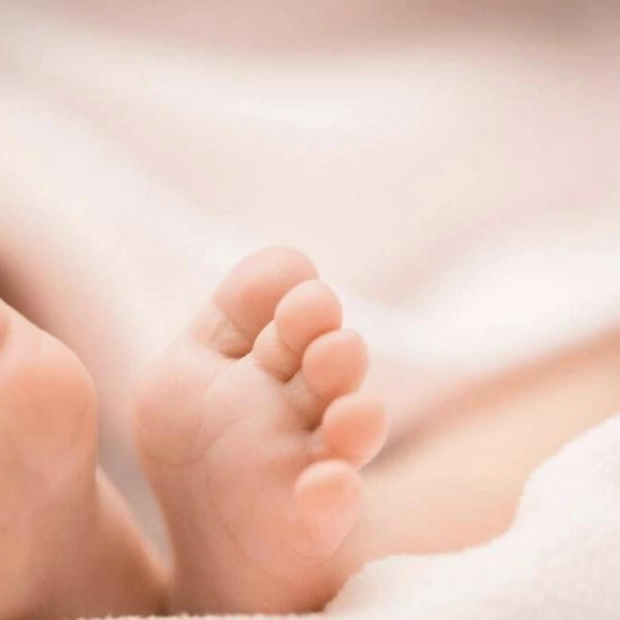South Africa's new unity government, led by President Cyril Ramaphosa, was inaugurated on Wednesday, marking the first such instance in the nation following 30 years of African National Congress (ANC) rule. During the televised event in Cape Town, Paul Mashatile, re-appointed as deputy president, was the first to swear the oath, preceding the 32 ministers from six parties who form the cabinet. On Sunday, Ramaphosa, aged 71, presented his much-awaited coalition government, which now includes the former main opposition party leader and has expanded the number of ministries from 30 to 32, with 43 deputy ministers also appointed.
The ANC, which has been in power since 1994, aimed to establish a national unity government after failing to secure an outright majority in the May 29 elections, winning just over 40 percent of the votes. It retains 20 cabinet positions, such as foreign affairs, finance, defence, justice, and police. Its major coalition partner, the Democratic Alliance (DA), which secured 21.8 percent of the votes, will oversee six ministries including agriculture, public works, and communication. DA leader John Steenhuisen, 48, has been appointed as the agriculture minister.
Along with the DA, Steenhuisen has criticized the ANC for its inability to address high crime rates, a sluggish economy, and an energy crisis. Other parties such as the Zulu nationalist Inkatha Freedom Party, the anti-immigration Patriotic Alliance, the right-wing Afrikaans Freedom-Front Plus, and smaller groups will collectively hold six cabinet positions. The new government includes 14 female ministers and 18 female deputy ministers, signaling a pragmatic move towards the center-right, offering hope for improved governance but also raising concerns about cohesion.
US President Joe Biden congratulated Ramaphosa on Tuesday for his recent election and the successful formation of the government of national unity. However, Ramaphosa has faced criticism from opposition and business leaders regarding the number of ministers, with concerns that the government could become inefficient and a financial burden on taxpayers. According to the government gazette, each minister earns over 2.5 million rand ($135,000) annually, while deputy ministers receive more than 2.2 million rand ($119,000). Benefits include extensive state security, travel allowances, and ministerial residences in Cape Town and Pretoria.
The opposition leftist Economic Freedom Fighters expressed concern that the cabinet's expansion could place additional pressure on taxpayers.






